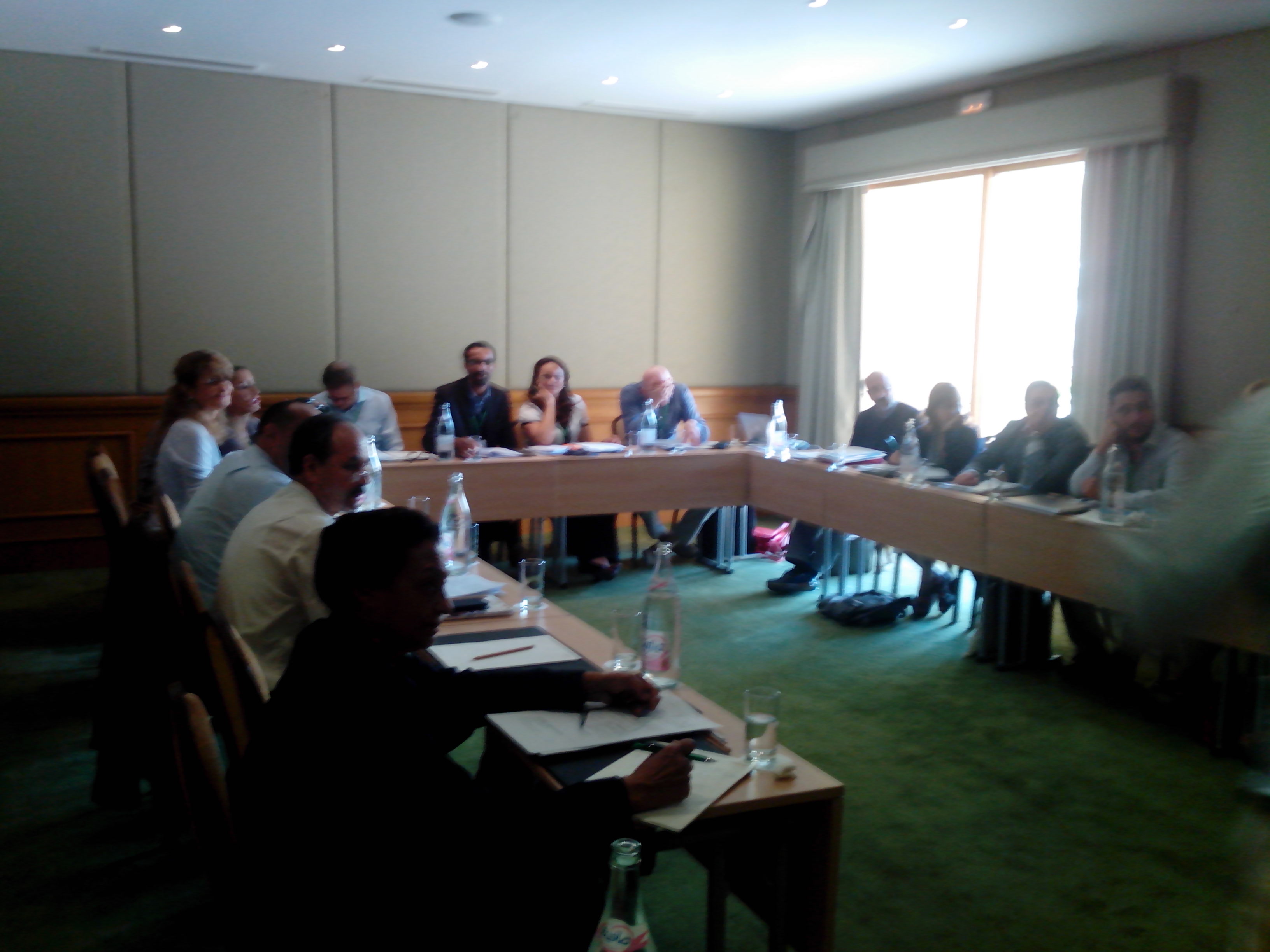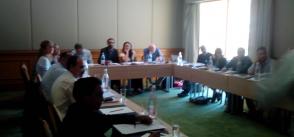
Workshop on FOOD: identifying specific policy objectives
A group of around 18 EMEG experts coming from different fields of expertise and countries and representing different points of view gathered together to discuss specific policy objectives on food.
The discussion opened with a more general discussion on priorities and objectives. All the participants agree that food is a political issues and needs to be tackled from a political perspective. Some of the key issues raised in this first stage of this working discussion are the following:
-
There is not a unique and common point of view at the Mediterranean level: each countries has its own priorities. Cooperation on food serves more European than Southern objectives;
-
There are two major approaches: in the Northern Mediterranean countries the focus is more on food quality while in the Southern Mediterranean countries, the focus is more on food security.
-
Europe lacks a long-term cooperation, it is then difficult to organise a cooperation framework involving the Southern Mediterranean countries: a long-term cooperation framework needs stability.
-
The major paradigm in food-related programmes and strategies is still a top-down approach. There is a need for shifting this paradigm and promoting a bottom-up approach where stakeholders are well connected in the creation and realisation of programmes.
The discussion leading to identifying specific policy objectives raises many different and critical points, from agenda setting to communication, and national-versus regional perspectives. Who sets the priorities in food-related cooperation programmes? Do they represent a comprehensive range of stakeholders able to express different points of view? Are they able to target specific country-needs? Once these priorities are set, how to best communicate them? And how are these priorities regulated and enforced?
The working group on food identified 7 specific problems:
-
Differences in food system-related priority and needs: mostly food security in the South and food quality in the North is the base of different approaches in long-term stable cooperation;
-
Scientific evidence on food-related issues and problems not being approprietly properly translated into political terms.
-
Lack/poor organisation of stakeholders reflects on the poor involvement in the definition of food sector priorities and processes;
-
European framework programmes are not always addressing problems related to food production and consumption systems especially in Southern and Eastern Mediterranean countries.
-
Mediterranean participants (small and medium sized enterprise and research centres) face difficulties in meeting the bureaucratic demands (administrative, financial and regulatory).
-
The food-related dimension is not well represented in the current Eu-Mediterranean consultation system.
Have your say! Do you agree with this view?
-
Food and agriculture is a highly-country specific sector, low participation of Mediterranean participants in formulating and designing projects' proposal.







